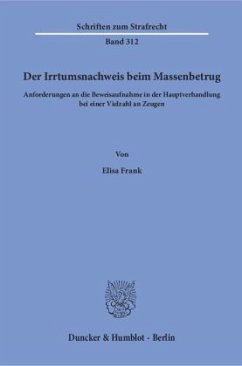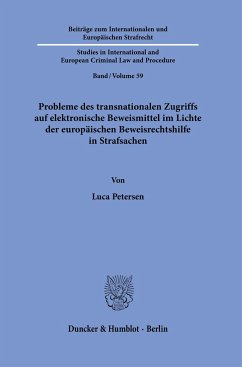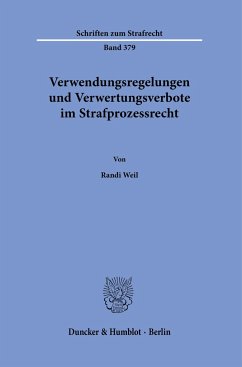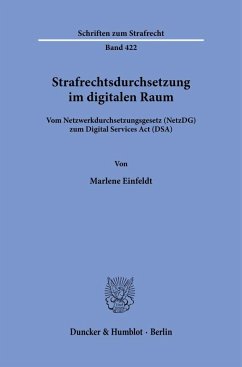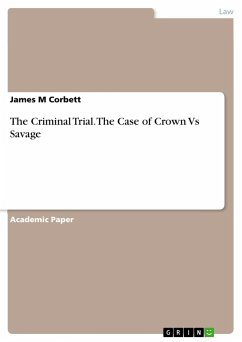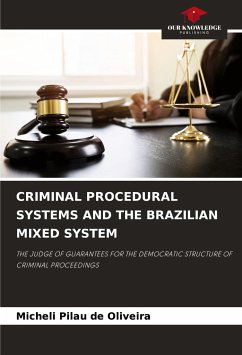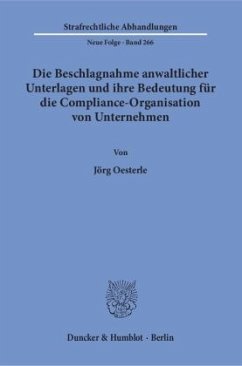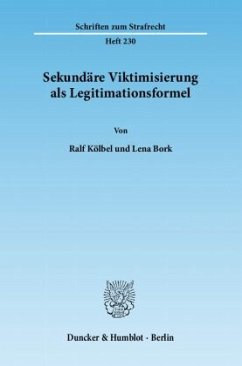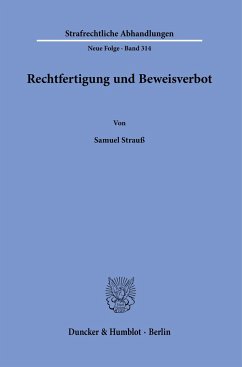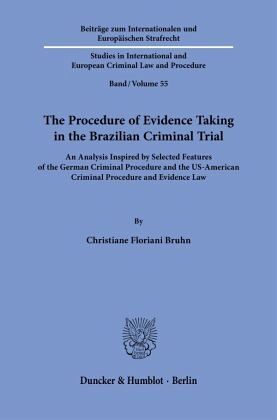
The Procedure of Evidence Taking in the Brazilian Criminal Trial.
An Analysis Inspired by Selected Features of the German Criminal Procedure and the US-American Criminal Procedure and Evidence Law.. Dissertationsschrift
Versandkostenfrei!
Versandfertig in 6-10 Tagen
89,90 €
inkl. MwSt.

PAYBACK Punkte
0 °P sammeln!
The Brazilian criminal procedure law needs reform. In contrast to the progressive Constitution of 1988, the current Code of Criminal Procedure of 1941 is repressive and highly formalistic. As to adapt the Code of Criminal Procedure to the Constitution, numerous modifications were made to the former. Despite these laws partly modifying both features of procedural and evidence law, the desired changes to the trial setting and, more importantly, in effectively safeguarding the defendant's procedural rights were not achieved. Hence, this research seeks to assess whether and to what extent the proc...
The Brazilian criminal procedure law needs reform. In contrast to the progressive Constitution of 1988, the current Code of Criminal Procedure of 1941 is repressive and highly formalistic. As to adapt the Code of Criminal Procedure to the Constitution, numerous modifications were made to the former. Despite these laws partly modifying both features of procedural and evidence law, the desired changes to the trial setting and, more importantly, in effectively safeguarding the defendant's procedural rights were not achieved. Hence, this research seeks to assess whether and to what extent the procedural safeguards afforded to Brazilian defendants at criminal trials are efficient. This was achieved by means of a comparative study where the procedural safeguards afforded to German and US-American defendants were examined. This analysis seeks to lead to the identification of the main problematic features of the Brazilian Code of criminal procedure and to make suggestions to its improvement.
Dieser Artikel kann nur an eine deutsche Lieferadresse ausgeliefert werden.



